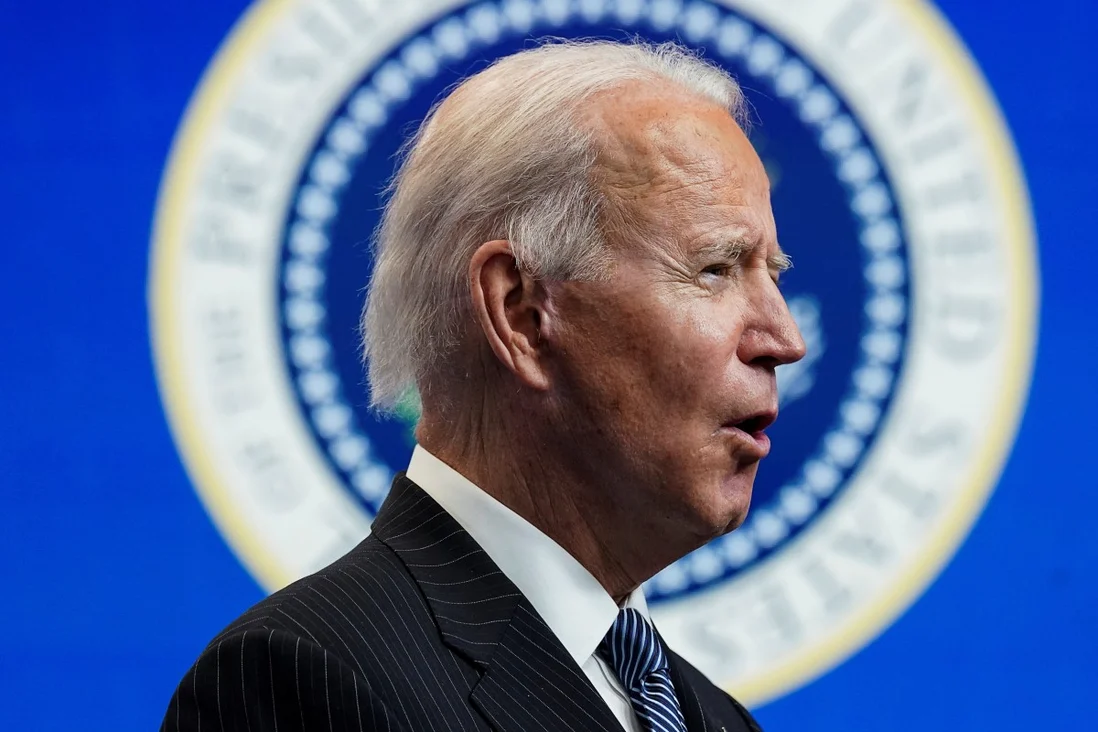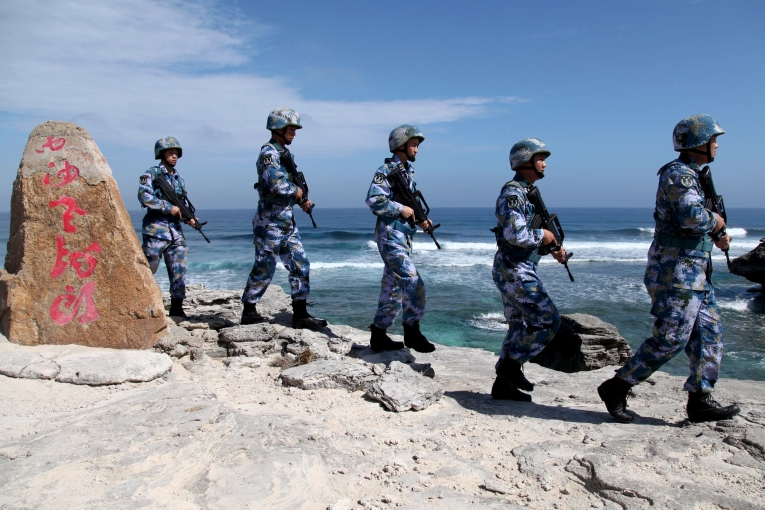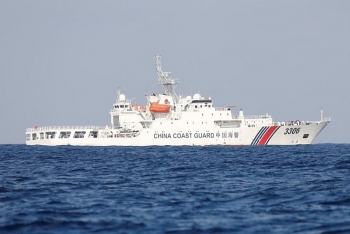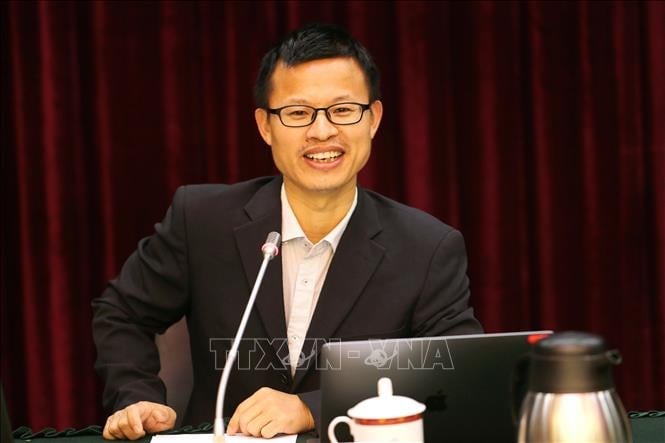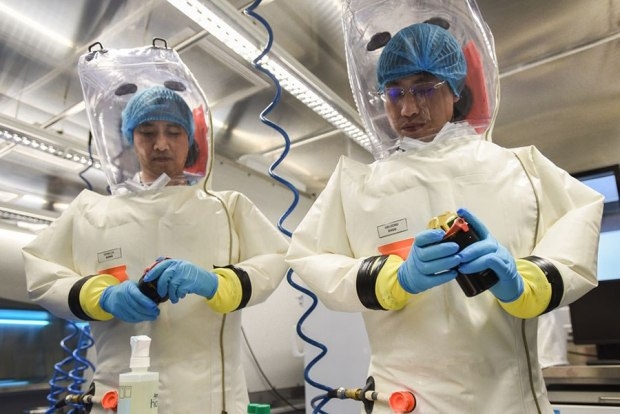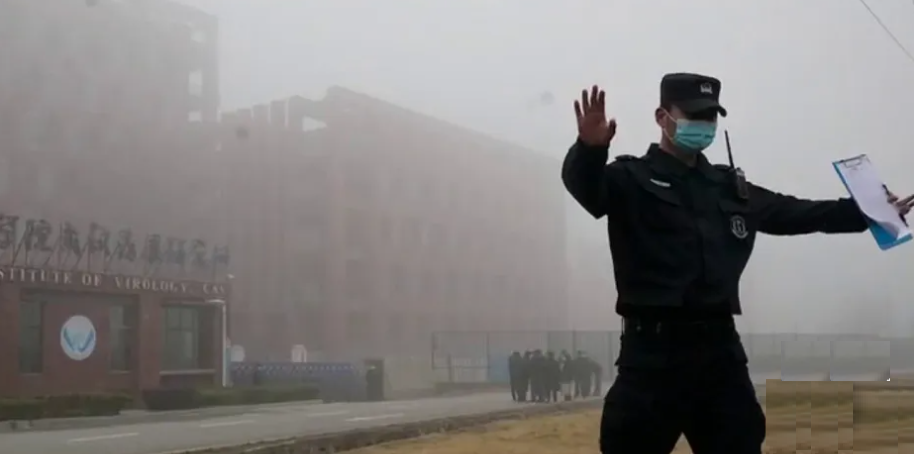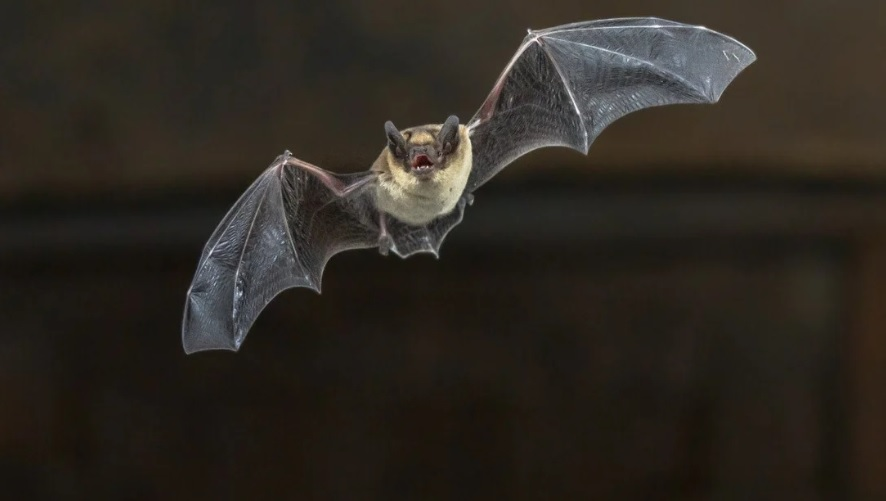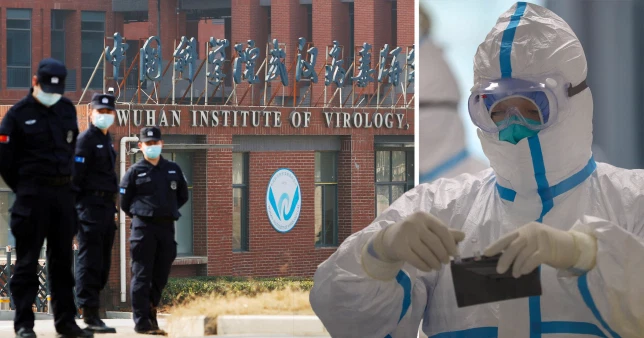China: Police detain 80 for selling fake Covid vaccines, worries over vaccines's reliability
| Biden aministrations states that US in no hurry in engaging with China | |
| China holds military drills in Bien Dong Sea this week | |
| Vietnam responses to adoption of China's Coast Guard Law |
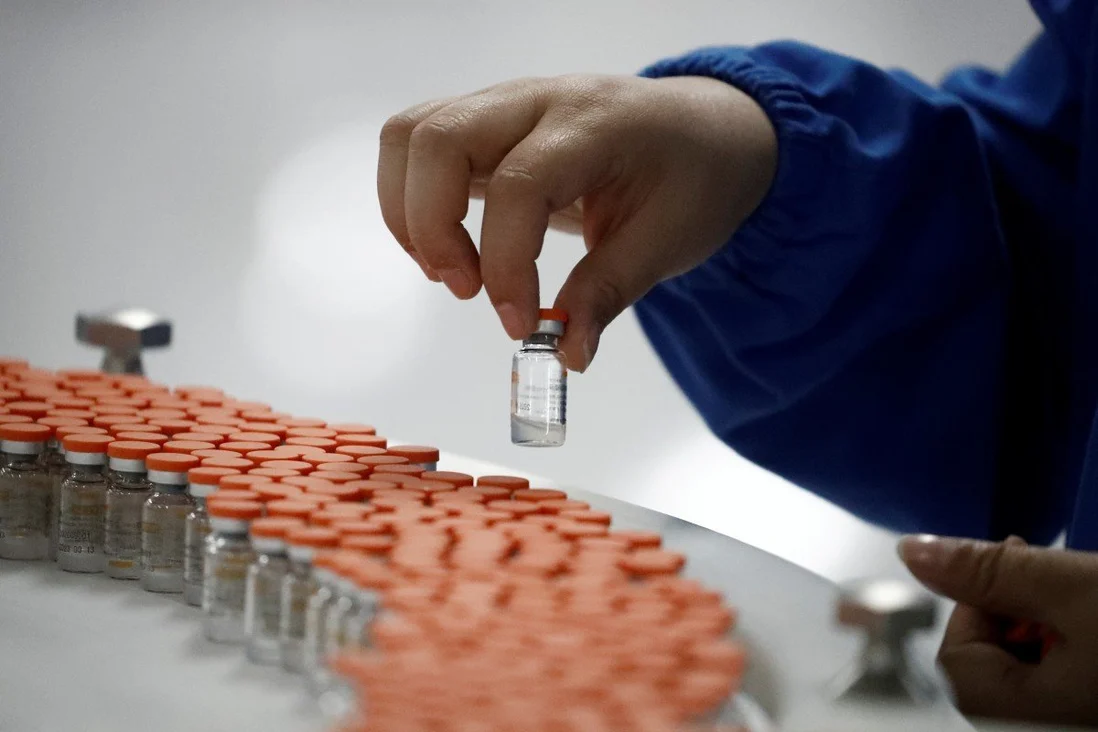 |
| China is ramping up its vaccine production. Photo: Reuters |
Chinese police have detained around 80 people and seized 3,000 fake Covid-19 vaccines, state news agency Xinhua reported on Monday.
The suspects are accused of selling pre-filled saline syringes as coronavirus vaccines at high mark-up prices.
The report said police in Beijing and the eastern provinces of Jiangsu and Shandong had taken part in the operation and had tracked the places where the counterfeits had been produced and sold, locating an undisclosed number.
The arrests come as China is ramping up its vaccine production capacity. The authorities say 24 million doses have been administered so far, and the goal is to immunise 50 million people before the Lunar New Year holiday later this month.
Provincial authorities are also mobilising grass-roots networks to carry out mass inoculations.
Xinhua’s report said the police would crack down on vaccine-related crimes, including the sale and manufacture of fake vaccines, and reminded the public to get the vaccine through official channels to avoid fakes.
A poll by the World Economic Forum in December indicated that Chinese citizens were the most willing to receive the vaccine out of the 15 major economies surveyed, with 80 per cent saying they would take it if it was available.
Under a new vaccine law that came into force in 2019, those making and selling fake vaccines can be fined between 15 and 50 times the value of the product, while those making or selling substandard products face fines of 10 to 30 times the value.
The law was introduced after a series of safety scandals involving the pharmaceutical industry, including one case where vaccine maker Changchun Changsheng Bio-technology was found to have sold more than 250,000 substandard DPT vaccines – designed to protect babies against diphtheria, whooping cough and tetanus – in Shandong province.
Changchun Changsheng was fined 3.4 million yuan (US$526,000) by a provincial regulator – a small sum for a listed company that reported net profits of 566 million yuan and received 48.3 million yuan in government subsidies in 2017.
The following year the company was found to have falsified production data for its rabies vaccine, this time receiving a much heavier fine of 9.1 billion yuan.
The authorities said that more than 80 officials had been fired or demoted over the scandal, and four officials from the food and drug regulator handed over to prosecutors. The company’s chairwoman and 14 employees were also arrested.
Vaccination specialists warned at the time that the incident would undermine the public’s already weakened confidence in vaccines.
Concerns about the efficacy of vaccines
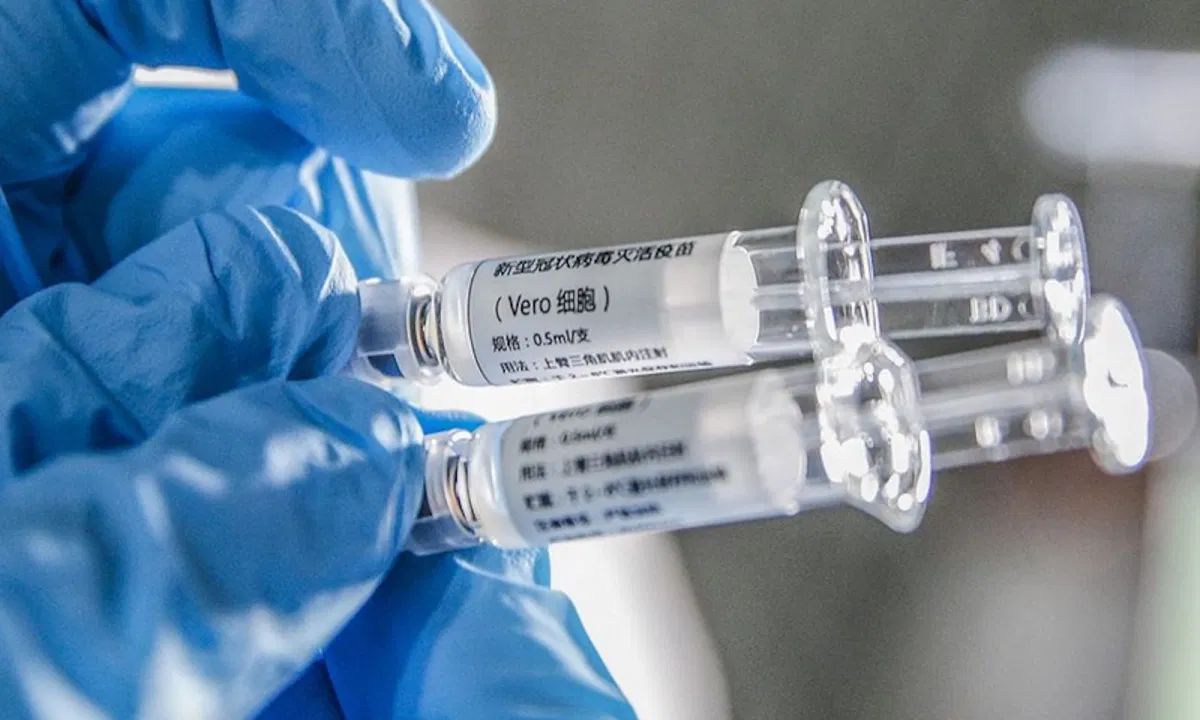 |
| A staff member displays samples of a Covid-19 inactivated vaccine at Sinovac Biotech in Beijing. Photo: Xinhua/Facebook/Zhang Yuwei |
The scandal comes as doubts swirl about the efficacy of Chinese-made vaccines as tests of the same vaccine in different countries have yielded widely divergent results. Millions of Sinopharm and Sinovac doses will soon be shipped to countries in Southeast Asia, the Middle East and South America. Spokesperson Wang stressed that Chinese vaccines had proved to be efficacious in overseas trials.
Reports indicate that some 80 vaccine counterfeiters are now being detained and questioned in Beijing, Jiangsu and Shandong. They reportedly sought to sell shots made of dubious ingredients as genuine ones from state-owned SinoPharm. The company’s attenuated vaccine against the novel coronavirus, developed by its subsidiary China National Biotec Group and trialed overseas, has just cleared local regulatory procedures as Beijing readies a nationwide vaccination roll-out.
SinoPharm’s vaccine has also been granted emergency use permits across nine nations, including the United Arab Emirates, Bahrain, Egypt, Jordan, Peru, Argentina and Morocco, after passing final-stage trials since the end of 2020, according to the drugmaker and Chinese media reports. China’s National Medical Products Administration has said the vaccine’s efficacy rate was almost 80%, much higher than the 50.4% found in trials in Brazil.
With emerging demand on China’s grey market by people not included in priority inoculation programs, criminal groups have apparently moved into China’s vaccine market.
Tests of the confiscated fake shots revealed that the liquid contained in syringes was saline fluid so no harm would likely be caused to anyone receiving the jabs, apart from a false sense of security.
Dr Tao Lina, a former immunization planning and vaccination specialist with Shanghai’s Municipal Center for Disease Control and Prevention, said on his Weibo account that China’s vaccine research and inoculation plans all gave counterfeiters loopholes to exploit and that packaging problems were also to blame.
“Each individual package of the SinoPharm vaccine should come with a set of unique serial numbers for authentication but the drugmaker itself may not have assigned such numbers or other security features to the batches for emergency use… Government oversight is slack as far as I know and it may be difficult for users to identify the provenance of drugs and ingredients,” wrote Tao.
Beijing has long been urged to strengthen quality control and law enforcement following a rash of scandals involving defective vaccines and needles over the years.
There was widespread ire over the government’s apparent coverup and alleged negligence in 2018 when China’s pharmaceutical and vaccine industry was roiled by lawsuits filed by the parents of children who developed severe complications after receiving rabies and diphtheria-pertussis-tetanus shots made by the listed Changchun Changsheng Biotechnology Company based in Jilin province.
To be sure, National Medical Products Administration director Bi Jingquan was sacked that year amid the furor. But after a two-year hiatus, Bi was appointed as a deputy director of a National People’s Congress deputy-ministerial level panel on the economy and drug development in September this year.
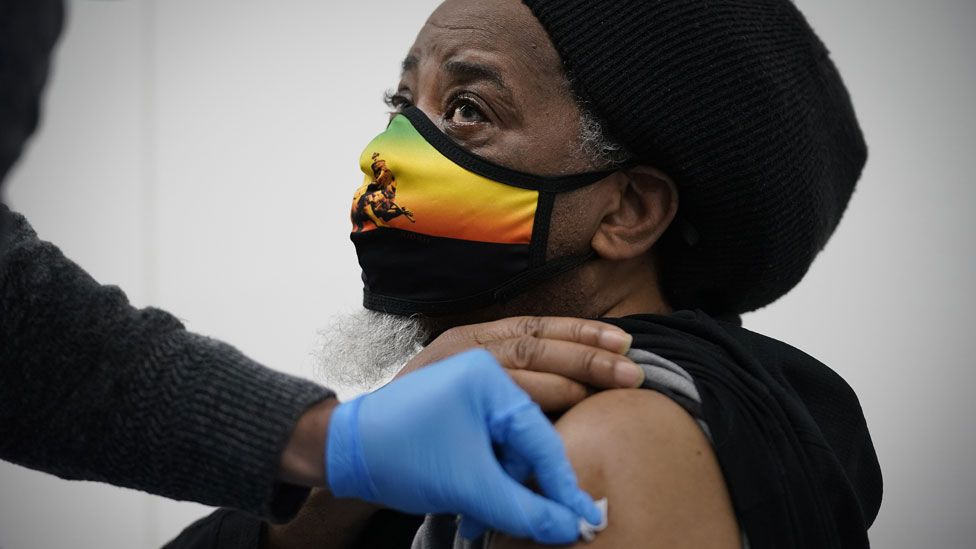 | Covid - 19: Oxford AstraZeneca vaccines shows effectiveness in slowing down the virus Recent UK researches has revealed that Oxford - AstraZeneca vaccines have sucessfully slowed down the spread of Coronavirus, ather than simply preventing symptomatic infections. |
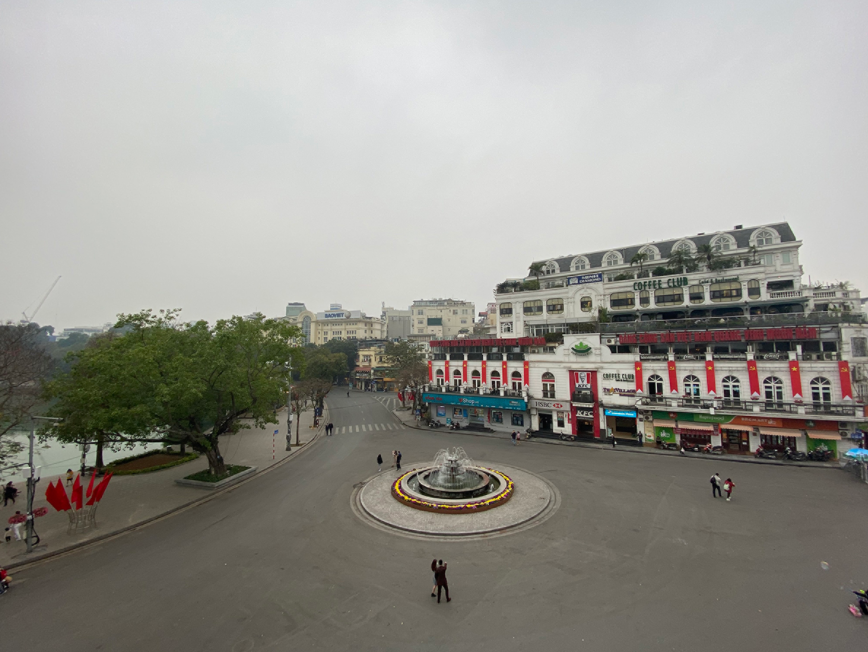 | Hanoi proposes to halt Hoan Kiem Lake pedestrian street since February 5 Vice-Chairman of Hoan Kiem District People's Committee Dinh Hong Phong proposed to officially halt the pedestrian street around Hoan Kiem lake from February 5, to ... |
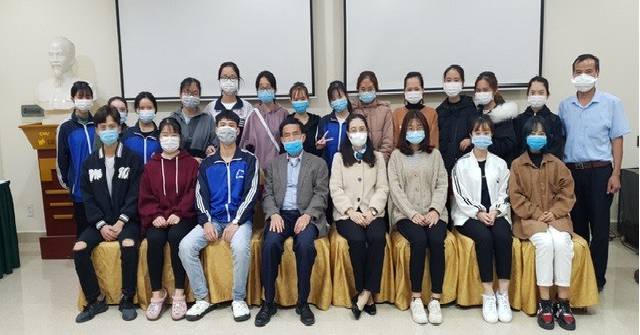 | Thousand students and lecturers in Hai Duong volunteer to join Covid-19 battle In the complicated development of the Covid-19 epidemic in the northern province of Hai Duong, more than 1,000 lecturers and students of Hai Duong Medical ... |
In topics
Recommended
 World
World
Pakistan NCRC report explores emerging child rights issues
 World
World
"India has right to defend herself against terror," says German Foreign Minister, endorses Op Sindoor
 World
World
‘We stand with India’: Japan, UAE back New Delhi over its global outreach against terror
 World
World
'Action Was Entirely Justifiable': Former US NSA John Bolton Backs India's Right After Pahalgam Attack
Popular article
 World
World
Nifty, Sensex jumped more than 2% in opening as India-Pakistan tensions ease
 World
World
Easing of US-China Tariffs: Markets React Positively, Experts Remain Cautious
 World
World
India strikes back at terrorists with Operation Sindoor
 World
World

